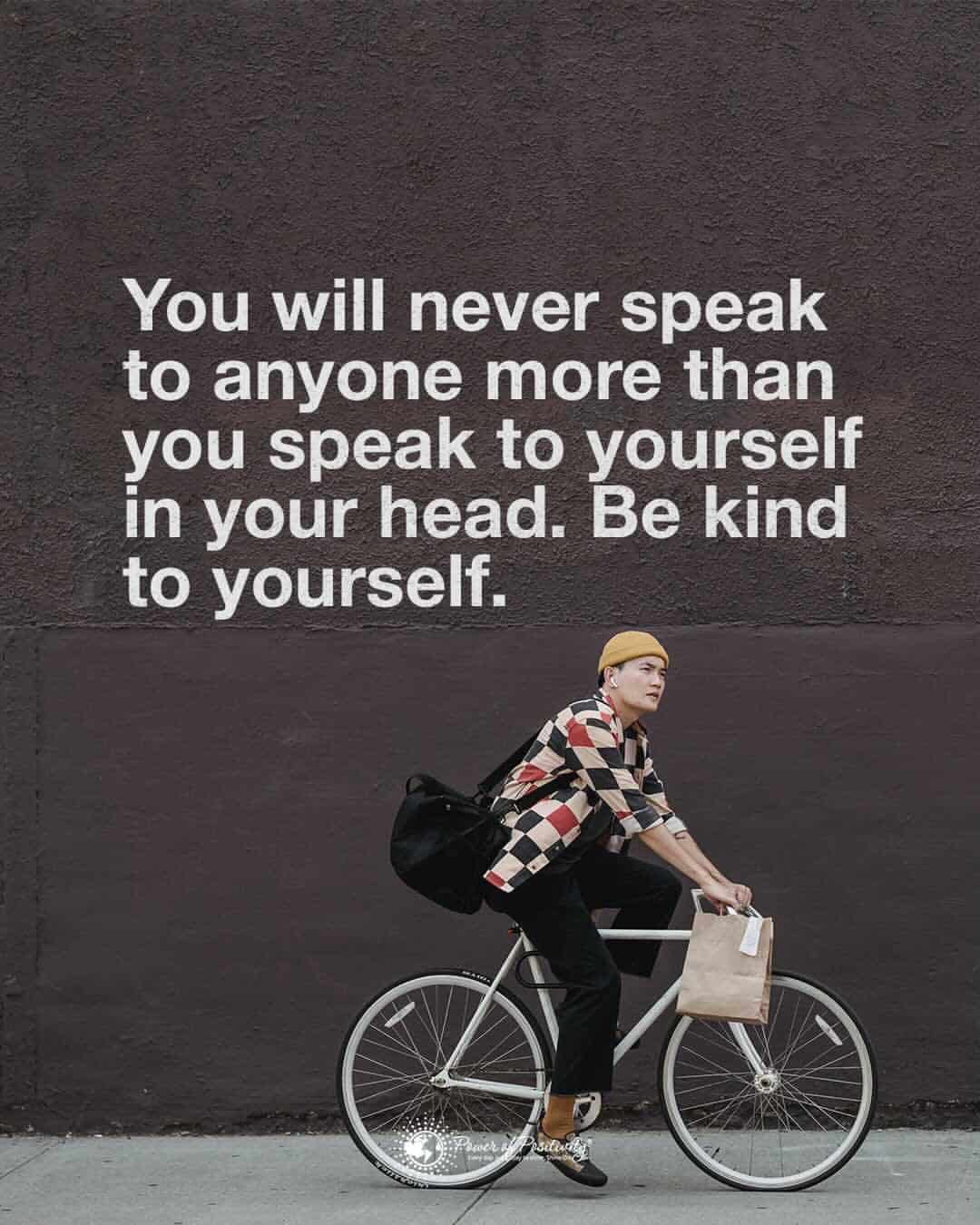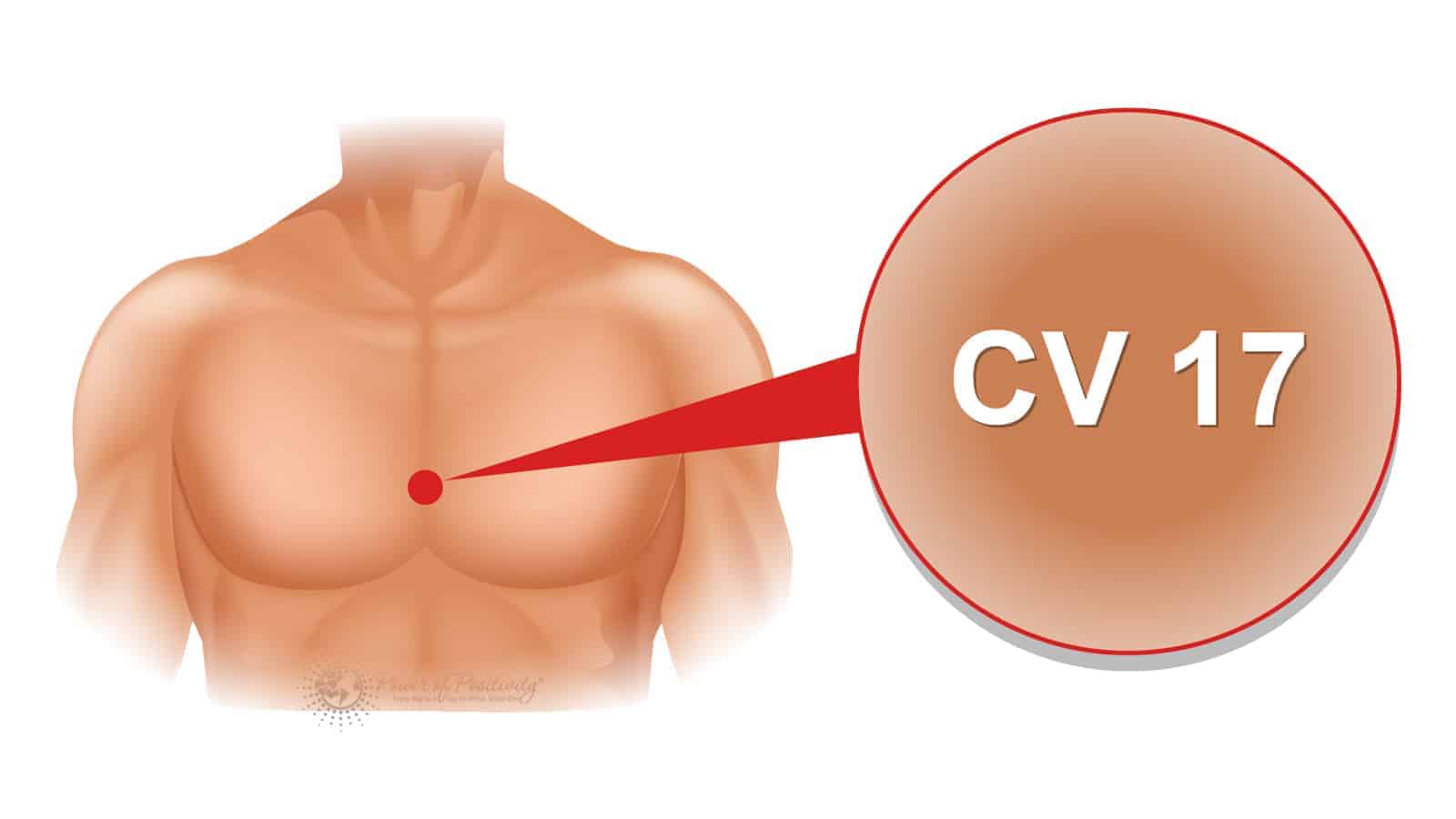Everyone deals with stress and anxiety sometimes, but not everyone knows how to overcome it. Knowing the best ways to melt stress can quickly improve your life and well-being. One way to handle the feeling is through acupressure, but there are other ways.
Anytime you feel tense, experience worried thoughts, or notice physical changes in your body, it could be anxiety. It can be a healthy emotion if you don’t allow it to get out of control and interfere with your life. Learning to melt stress can make a lasting difference, improving your well-being and sense of peace.
Anxiety is one of the most common mental health disorders in the United States, so you aren’t alone. It affects around 40 million adults each year, making it a well-known and researched condition. One way to melt stress is by using acupressure, and there are specific pressure points that target your feelings.
While there are multiple pressure points you could try, the one discussed below works quickly and effectively. It relieves physical and psychological distress, allowing you to feel better overall.
The Best Pressure Point to Relieve Stress and Anxiety
The union valley point is one of the best points to hold to melt stress and anxiety. This pressure point is also called Hegu (LI4). It is located in the webbing between the base of your thumb and index finger,
Putting pressure on the union valley point eases stress, but it also reduces headaches and neck pain. Plus, it can induce labor, so be mindful of that if you’re pregnant.
How to Stimulate It
Knowing where the union valley pressure point is won’t help much if you don’t know how to stimulate it. Follow these directions:
- Use your index finger and thumb of the opposite hand to apply pressure to the area.
- Massage the pressure point for four or five seconds while focusing on sleep and deep breathing.
- Switch hands and do the opposite side.
Why It Works, According to Science
Some experts believe that stress or anxiety occurs when your body’s qi is unbalanced. The qi is a natural energy that flows within, affecting your health and well-being. Activating pressure points throughout your body can help restore your energy balance.
Research shows that people who receive acupressure report decreased stress levels. Other studies show that it also improves physical signs, including heart and respiratory rates. Furthermore, acupressure reduces depression and stress while increasing overall well-being.
What Causes Anxiety?
Anxiety is a normal part of life, but you must learn to cope with it. Some people experience the feeling more than others, and sometimes it negatively impacts their life. No matter how severe your situation, knowing the causes can help you make a beneficial change.
As long as you can imagine your future, you’ll experience anxious feelings. It indicates that you’re thinking about what might or might not happen in the future. Feeling uncertain about pending circumstances can cause feelings of overwhelming worry.
The worry might be about your job, health, relationships, or world events. Anything that triggers you or makes you feel threatened can cause the anxious feelings that you desperately want to ignore.
Anxious feelings can also occur when you experience the following:
- Potential danger
- Something needing your attention
- Urges to prepare for your future
- Needing to protect yourself
- Dread or misfortune
- Presenting or speaking in front of others
- Risk losing social standing
- Too much caffeine
- Hormone imbalance
- Disease or disorders
- Stress at work
- Financial difficulties
- Significant life changes
With that being the case, it’s easier to understand why stress and anxiety can be a good thing. However, if it intensifies or persists, it might be going too far. You’ll end up struggling with problem-solving and mental functioning.
Some risk factors increase the chance of developing anxiety, including:
- Biological makeup
- Genetics
- Life history
- Personality factors
- Lack of coping skills
Determining the causes and risk factors can help you overcome stress and anxious feelings. It’ll help you recognize your triggers and decide which ones you must work on first.
14 Anxiety Coping Strategies
Acupressure is a beneficial way to cope, but it isn’t the only way. There are many other ways to cope, building your resiliency with each step.

1. Stay Physically Active
Exercise triggers the release of endorphins, the body’s happy hormones. Each time you get active, you’ll experience a boost of positivity as stress melts away.
If you develop a routine to stay active, you’ll experience much less stress. You should be active most days of the week, improving your mood as you keep your body healthy. Start slowly and then increase the intensity of your movement.
2. Avoid Drugs and Alcohol
Many people believe that drugs and alcohol make them feel better, but it’s not true. These substances worsen stress quickly, severely exacerbating the symptoms. If you need help quitting, seek a professional for assistance.
3. Stop Smoking Cigarettes
The nicotine in cigarettes can worsen anxious feelings. Cut back until you can quit entirely, and you’ll notice a drastic change in your overall well-being.
4. Cut Back on Caffeine
Caffeine worsens anxiety symptoms, so overindulging has effects on your life. It increases your heart rate and blood pressure, increasing stress levels.
Additionally, caffeine withdrawal can contribute to anxious feelings, too. If you consume too much right now, start cutting back gradually rather than all at once. However, if you haven’t developed this problem, take precautions to avoid it.
5. Get Enough Sleep
Getting enough sleep each night can make all the difference in your life and overall well-being. Set a bedtime schedule to help wind down before lying in bed each night. Do the same for the morning to have something to look forward to.
6. Eat Nutritious Foods
Consuming a healthy diet can make a big difference in your mental health and well-being. Make sure you include vegetables, fruits, whole grains, and fish because they all reduce stress.
7. Identify Your Triggers
If you can learn what triggers your anxious feelings, you can decrease and prevent episodes. You’ll know what to avoid or which areas of your life to address.
8. Write in a Journal
Writing about your personal life and thoughts can help you identify areas of your life to work on. It’ll show what triggers you the most, helping you work through the situation. As you write, you’ll take the time to think about it and process it.
9. Spend Time with Friends and Loved Ones
Stress and anxiety often make you feel like you should isolate yourself, but it worsens the situation. Instead, reach out to people you enjoy spending time around or talking to anytime you feel overwhelmed. It can help you sort through your emotions, or it can help you think about something else if that’s what you want.
Try to focus on nonjudgmental people when you aren’t feeling great. Otherwise, you could wind up feeling worse than when you reached out. Turn to someone who will support you and want you to be happy.
10. Practice Self-Care
Taking care of yourself involves regular self-care, and it’s more than just bubble baths and naps. You can practice self-care by doing things to keep your body healthy and strong. Then, participate in activities that bring joy and relaxation to your life.
Many people are surprised to find that taking a break and relaxing can make you more productive. So not only do you reduce stress through self-care, but you also do better at your daily tasks. There’s no losing when it comes to taking care of yourself.
11. Meditate
Regular meditation is life-changing, and it doesn’t take as much time as many people think. Even five minutes a day can make a difference and help you feel better.
12. Be Creative
Being creative has a way of reducing stress, and you have plenty of options to choose from. You can paint, scrapbook, write, cook, or bake because they all get your creativity flowing.
Focusing your mind and energy on creating something can boost your mood and melt stress. Creativity can help you process your thoughts and work through things that overwhelm your thoughts.
13. Practice Breathing Techniques
Deep breathing techniques help reduce your heart rate, calming stress and anxiety. Box breathing is one technique that involves breathing in for a count of four and out for another four seconds. However, there are many other methods, so make sure to explore your options.
14. Ask for Help
Sometimes you might need a little help with your anxious feelings. Don’t feel bad if that’s the case because it’s more common than you think. Reach out to a mental health professional who can help you overcome and persevere.
Final Thoughts on Mastering This Anxiety Reduction Technique
Occasional stress and anxiety are normal, but they shouldn’t control your life. If anxious feelings occur more than you’d like, this technique can help. Plus, you can try other ways to cope and see what works for you.
Reducing stress can improve your life in so many ways. You’ll be happier and feel better as it promotes mental and physical health.



















